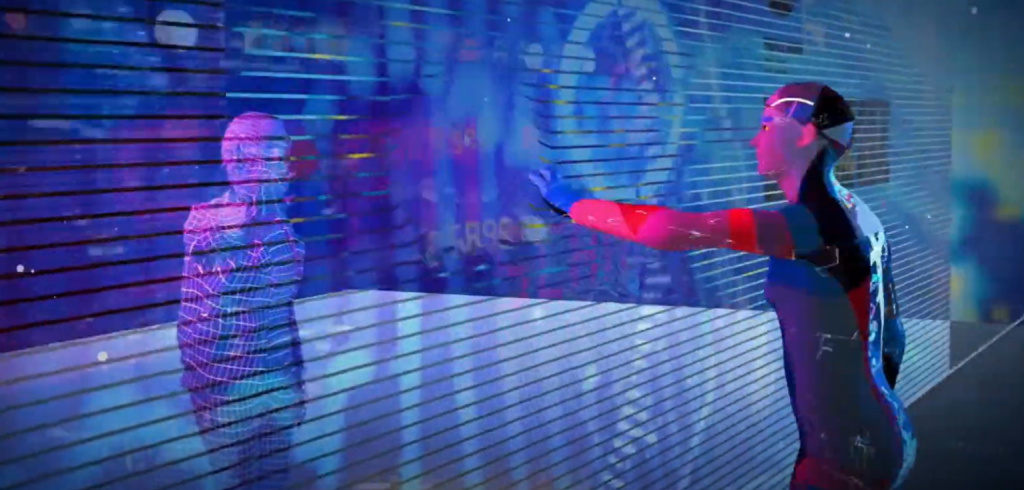Time Travel or Time Trivia? Exploring the Mind-Bending Concept of Simultaneous Existence
Exploring the Block Universe Theory
Have you ever wondered if time is just an illusion? The Block Universe Theory suggests just that. According to this mind-bending concept, the past, present, and future all coexist in a four-dimensional space-time block. In this model, time is not something that flows; instead, every moment exists simultaneously. So, what does this mean for our understanding of reality? Could it be that our future is already written, and our past is still happening?

Einstein’s Theory of Relativity: Time is Relative
Albert Einstein’s Theory of Relativity plays a crucial role in understanding the nature of time. According to Einstein, time is not an absolute entity but is relative to the observer’s speed and gravity. This means that two people traveling at different speeds or experiencing different gravitational forces could perceive time differently. This phenomenon is known as time dilation, where time appears to slow down for an object moving at a high speed relative to a stationary observer. Could this be evidence that all moments in time exist at once, simply experienced differently by each of us?

Stephen Hawking’s Insights on Time and Space
Stephen Hawking, one of the greatest minds in physics, also delved into the mysteries of time. Hawking’s work on black holes and the Big Bang Theory highlighted the intricate relationship between time and space. He proposed that the universe could be understood as having no boundaries in time, suggesting that the beginning and the end of time could be intertwined. If time has no boundaries, does that mean the future, present, and past are all interconnected, existing simultaneously within the space-time continuum?
The Paradox of Time: A Question of Perception
If all moments exist at once, why do we experience time linearly? The answer might lie in our perception. Our brains are wired to perceive time as a sequence of events, creating the illusion of a flowing timeline. However, if we step back and view time from a broader perspective, as the Block Universe Theory suggests, we might realize that the linear progression of time is just a construct of human consciousness.

Conclusion
The idea that all moments exist simultaneously challenges our fundamental understanding of time. While these theories offer fascinating insights, they also raise more questions than answers. Does the future already exist? Is the past still unfolding somewhere in the space-time continuum? The mysteries of time continue to captivate scientists and philosophers alike, pushing the boundaries of our understanding of reality. As we explore these concepts, we might begin to see time not as a series of fleeting moments but as an eternal tapestry woven into the fabric of the universe.





